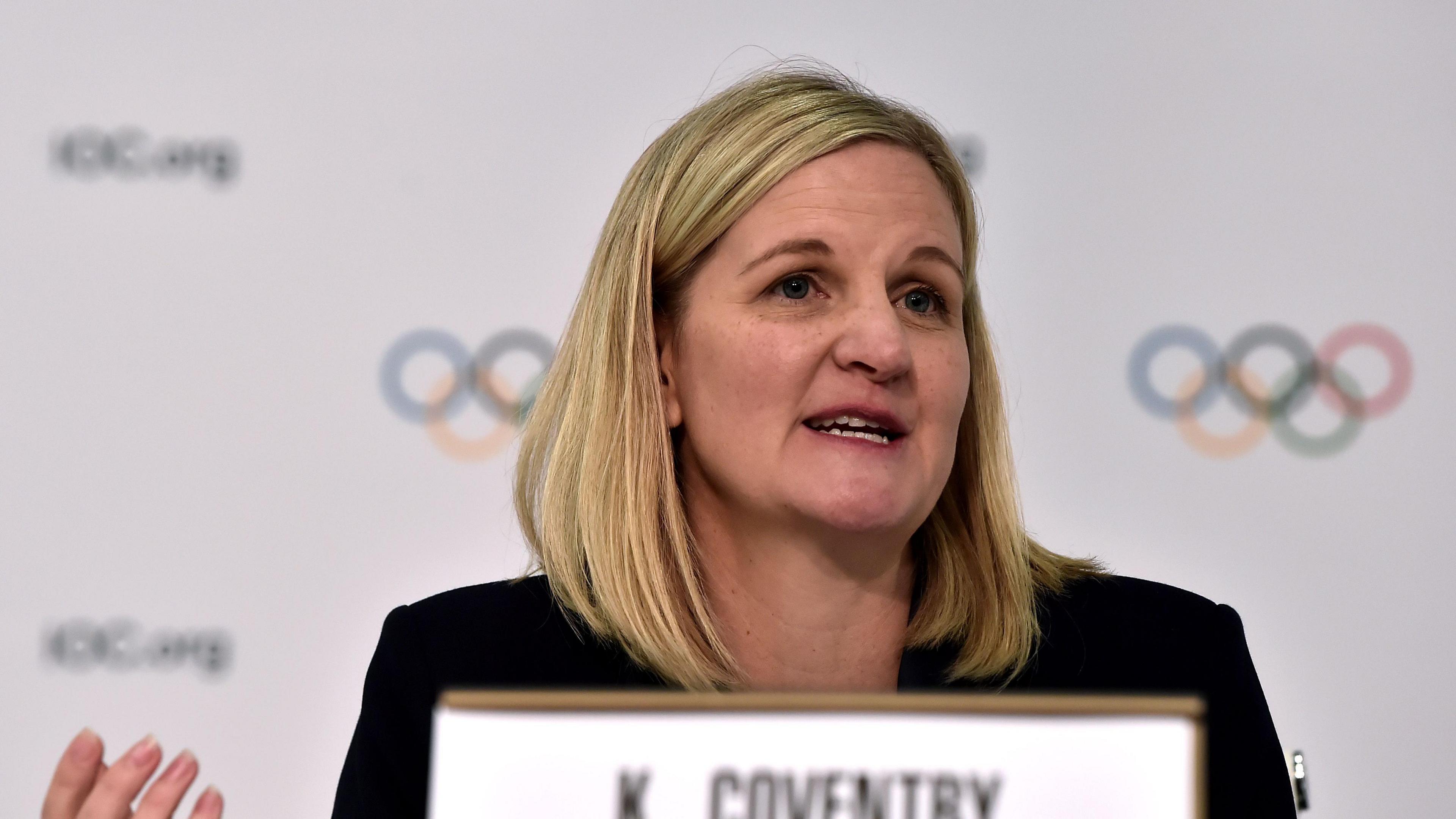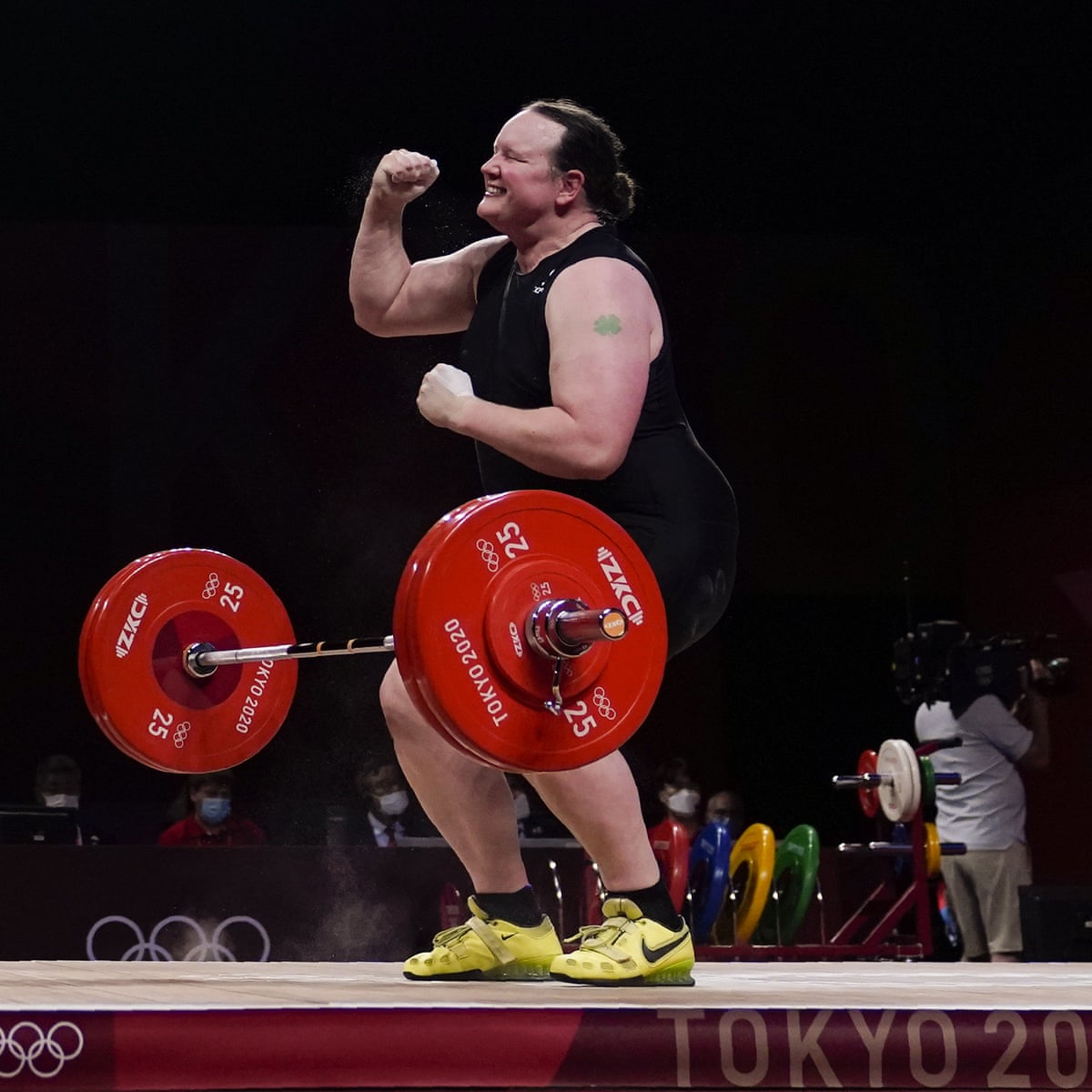IOC Considers Banning Transgender Women from Female Olympic Events After Scientific Review Highlights Physical Advantages
In a significant development within the world of international sports, the International Olympic Committee (IOC) is reportedly moving toward implementing a ban on transgender women competing in female-specific Olympic events.
This decision follows an extensive scientific review that underscores the enduring physical advantages that male puberty confers, even after hormone therapy and other gender-affirming treatments.
The move has sparked widespread debate across sports communities, advocacy groups, scientists, athletes, and policymakers, highlighting the complex intersection of sports fairness, gender identity, and scientific evidence.
Background: The Evolution of Transgender Participation in Sports
Over the past decade, the participation of transgender athletes in competitive sports has become a contentious issue.
As societal attitudes toward gender identity have evolved, so too has the inclusion of transgender individuals in various athletic disciplines.
Many sports organizations have sought to strike a balance between inclusivity and fairness, leading to the development of policies aimed at allowing transgender athletes to compete while attempting to ensure a level playing field.
The IOC, as the world’s preeminent sports governing body, has historically played a pivotal role in shaping policies related to transgender participation.
Its guidelines have evolved over time, reflecting both scientific insights and societal debates.
However, recent scientific studies and reviews have prompted the IOC to reconsider its stance, particularly concerning transgender women competing in female categories.
The Scientific Review: Uncovering Biological Advantages
The crux of the IOC’s impending policy change lies in a comprehensive scientific review conducted by experts in physiology, endocrinology, sports science, and related fields.
The review meticulously examined data comparing the physical attributes of transgender women—those assigned male at birth who identify as female—and cisgender women.
Key findings from the review include:
Bone Density and Structure: Male puberty typically results in increased bone density and larger skeletal structures, which provide advantages in strength and leverage during athletic performance.
Muscle Mass and Strength: Even after hormone therapy, transgender women often retain a significant amount of muscle mass and strength relative to cisgender women. Testosterone exposure during puberty leads to increased muscle development, which does not fully regress with hormone suppression.
Cardiovascular Capacity: Studies indicate that cardiovascular capacity, such as lung capacity and hemoglobin levels, remains higher in transgender women compared to cisgender women, contributing to enhanced endurance.
Physical Power and Speed: Data suggest that transgender women tend to outperform cisgender women in metrics related to power, speed, and explosive strength, which are critical in many Olympic sports.
The review emphasizes that these physiological differences are largely rooted in the effects of male puberty, which induce permanent changes in the body’s structure and function.
While hormone therapy can mitigate some advantages, it appears insufficient to fully eliminate them, according to the scientific evidence.
The IOC’s Response and Policy Implications

In light of these findings, the IOC is contemplating a policy that would prohibit transgender women from competing in female categories, at least in certain sports or disciplines where physical advantages are most pronounced.
The decision aims to preserve fairness and integrity in competition, ensuring that female athletes—many of whom have fought hard for recognition and equality—are not at a disadvantage due to biological differences.
Sources close to the IOC have indicated that the organization is in the final stages of drafting new guidelines that will specify eligibility criteria, potentially including limits on hormone levels, duration of hormone therapy, and other factors.
However, the primary focus remains on the recognition that male puberty confers advantages that are difficult to fully mitigate.
The Broader Debate: Fairness, Inclusion, and Human Rights
The IOC’s potential move has ignited a fierce debate that extends beyond the realm of sports science.
Advocates for transgender inclusion argue that participation in sports is a fundamental human right and that policies should respect individual gender identity.
They emphasize that many transgender athletes face discrimination and barriers, and that sports organizations must find ways to be more inclusive.
Conversely, critics contend that allowing transgender women to compete in female categories compromises fairness and undermines the achievements of cisgender women.
They point to scientific data suggesting that biological differences, particularly those established during puberty, create an uneven playing field.
Some critics also argue that the current policies are insufficiently evidence-based and that more research is needed.
The debate touches on broader societal issues, including gender equality, human rights, scientific integrity, and the ethics of competitive sports.
It raises questions about how sports organizations can balance inclusivity with fairness, especially as scientific understanding of gender and biology continues to evolve.
Reactions from the Sports Community and Stakeholders

The potential policy shift has elicited a wide range of reactions from athletes, coaches, sports federations, and advocacy groups.
Prominent female athletes have expressed concern that the inclusion of transgender women with physical advantages could diminish their achievements and opportunities.
On the other hand, some transgender athletes and advocacy organizations have criticized the move, arguing that it unfairly targets transgender women and could lead to discrimination and exclusion.
They emphasize the importance of developing policies that are evidence-based and respectful of human rights.
Sports federations at the national and international levels are also weighing their positions. Some have already implemented their own regulations, with varying degrees of restrictiveness.
The International Association of Athletics Federations (IAAF), for example, has set specific eligibility criteria for transgender women in certain disciplines, including hormone levels and transition periods.
The Future of Transgender Participation in the Olympics
As the IOC considers these scientific findings and policy options, the future landscape of transgender participation in the Olympics remains uncertain.
The organization has historically prioritized athlete safety, fairness, and inclusivity, but balancing these principles in light of new scientific evidence presents complex challenges.
The upcoming Olympic Games and subsequent international competitions may serve as testing grounds for new policies, which could set precedents for other sports organizations worldwide.
The outcome of this debate will likely influence how sports governing bodies approach transgender inclusion in the years to come.
Ethical and Legal Considerations
Beyond scientific and sporting considerations, ethical and legal issues are at the forefront of this debate.
Questions about human rights, non-discrimination, and equality are intertwined with concerns about fairness and competitive integrity.
Legal challenges may arise if policies are perceived as discriminatory against transgender athletes.
Conversely, arguments about protecting the rights of cisgender women to fair competition could also lead to legal disputes.
Navigating these issues requires careful consideration of both scientific evidence and societal values.
Conclusion: A Complex Intersection of Science, Fairness, and Humanity
The IOC’s consideration of banning transgender women from female Olympic events marks a pivotal moment in the ongoing dialogue about gender, science, and sports.
While the scientific review underscores tangible physiological differences rooted in male puberty, the broader societal implications involve questions of fairness, inclusion, and human rights.
As the world watches, the sports community faces the challenge of crafting policies that are scientifically sound, ethically justifiable, and respectful of all athletes’ dignity.
The decisions made in the coming months will not only impact the future of Olympic competition but also shape societal attitudes toward gender, fairness, and equality in sports and beyond.
News
Exciting News for Fans of Hallmark’s “When Calls the Heart”: Kevin McGarry and Kayla Wallace Expect Their First Child
Exciting News for Fans of Hallmark’s “When Calls the Heart”: Kevin McGarry and Kayla Wallace Expect Their First Child In…
Ruby Rose Accuses Sydney Sweeney of Ruining the Christy Movie and Calls Her a “Cretin” in Explosive Online Rant
Ruby Rose Accuses Sydney Sweeney of Ruining the Christy Movie and Calls Her a “Cretin” in Explosive Online Rant In…
T.J. McConnell Cleared to Play in Tonight’s Game Against the Utah Jazz After Hamstring Strain – An In-Depth Look at His Return and What It Means for the Indiana Pacers
T.J. McConnell Cleared to Play in Tonight’s Game Against the Utah Jazz After Hamstring Strain – An In-Depth Look at…
President Donald Trump Honors Veterans Day by Laying Wreath at Arlington National Cemetery’s Tomb of the Unknown Soldier
President Donald Trump Honors Veterans Day by Laying Wreath at Arlington National Cemetery’s Tomb of the Unknown Soldier Arlington, Virginia…
Breaking News: Bob Joyce Officially Confirms The Truth About Elvis Presley at 89 – The Most Revealing Revelation in Music History
Breaking News: Bob Joyce Officially Confirms The Truth About Elvis Presley at 89 – The Most Revealing Revelation in Music…
“Maggie Sajak’s career-ending move?” The controversial clip of her shocking disrespect toward Ryan Seacrest is blowing up the internet.
“Maggie Sajak’s career-ending move?” The controversial clip of her shocking disrespect toward Ryan Seacrest is blowing up the internet. In…
End of content
No more pages to load













